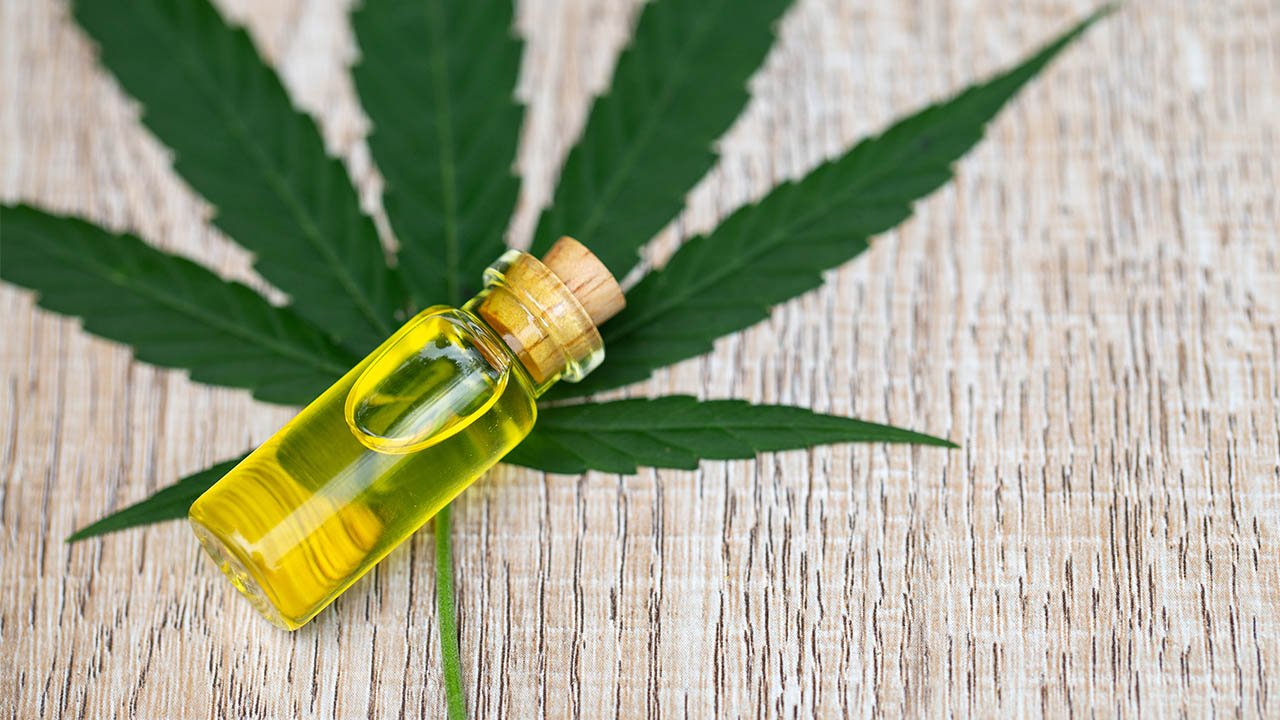What Is CBD Oil? And What Is The Benefit For Us

In this article, we are going to find out what CBD is and how it can work to your advantage. In June 2018, The Food and Drug Administration (FDA) established and authorized the use of CBD oil for the treatment of epilepsy. So, it can be said that CBD works as far as the treatment of some particular condition or disease is concerned. Let’s find out more.
What is CBD oil?
CBD is on the list of several compounds called cannabinoids that are found in the cannabis plant. Many research studies have been conducted to find out the different therapeutic uses of this oil.
Basically, CBD oil contains CBD in concentrated form. However, it is important to remember that their concentrations and uses vary. So, you should probably consult a professional before using CBD for your condition.
Is it CBD marijuana?
In cannabis, the most well-known compound is delta-9 tetrahydrocannabinol aka THC, according to most reports. And THC is the most active part extracted from marijuana. In fact, marijuana has CBD and THC in it. And the effects of these two compounds are different.
When smoked or used in cooking, THC exerts a “high” effect. Actually, THC tends to break down when it’s hot or when it enters the body. On the other hand, CBD is not psychoactive, which means it has no effect on the state of your mind when it is consumed.
But CBD can make changes in your body. In fact, through several research studies, it has many medical benefits as well.
Where does it come from
CBD is obtained from the cannabis plant. The cannabis plant is usually referred to as marijuana or hemp-based on its THC levels. It’s important to note that legal flax plants shouldn’t contain more than 0.3% THC, according to Farm Bill.
Cannabis farmers have cultivated their hemp plant to produce more THC and many other compounds. However, these farmers did not modify the crops in any way. This plant is used to produce CBD oil.
How does it work?
All types of cannabinoids attach to certain receptors in your body to create special effects. And the same is true for the CBD. In fact, your body automatically produces several types of cannabinoids. Also, it has two strong receptors for CBD: the CB 2 receptor and the CB1 receptor.
As far as CB1 receptors are concerned, they are found all over your body. However, a lot is also found in your brain. Those found in the brain help with memory, appetite, thinking, mood, emotions, pain, movement, and many other functions. These receptors attach to THC. On the other hand, CB2 receptors are quite common in your immune system and can result in pain and inflammation.
In the past, researchers believed that CBD2 receptors were the receptors CBD attaches to, but now they know that CBD will not attach to any of the receptors. In fact, it seems like this can go a long way toward helping your body get better use of its own cannabinoids.
Comments are Closed